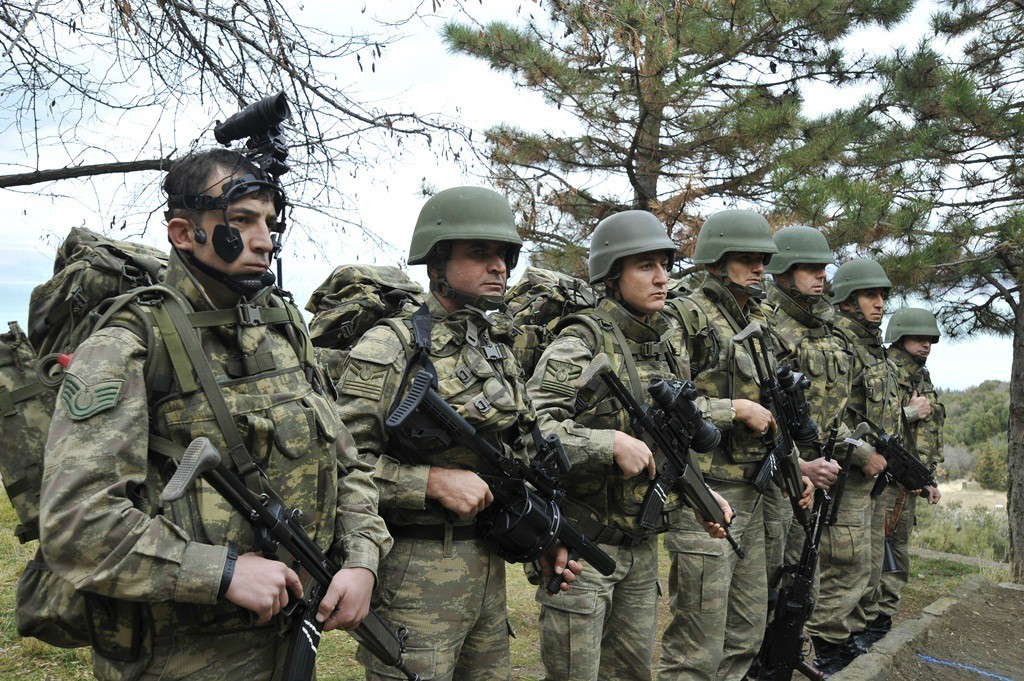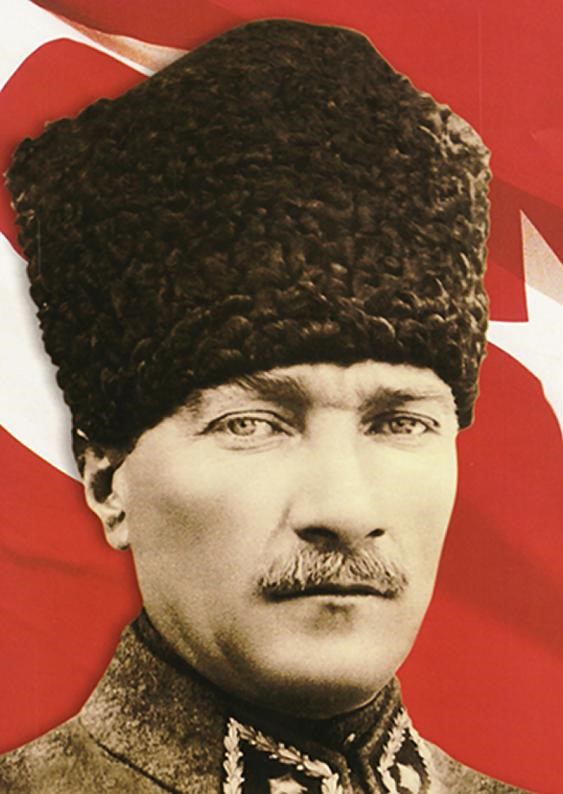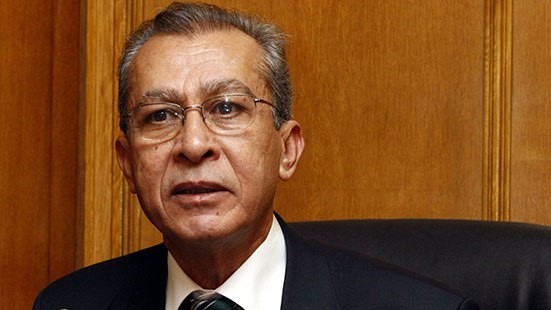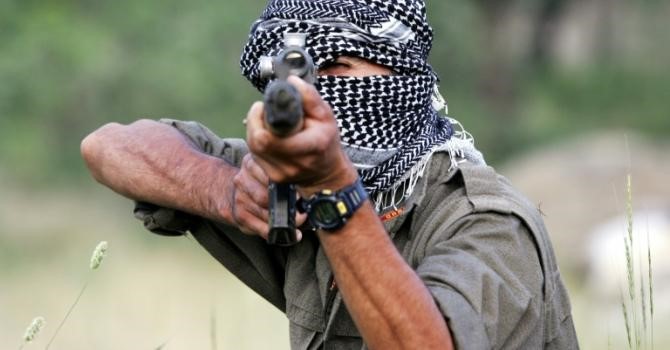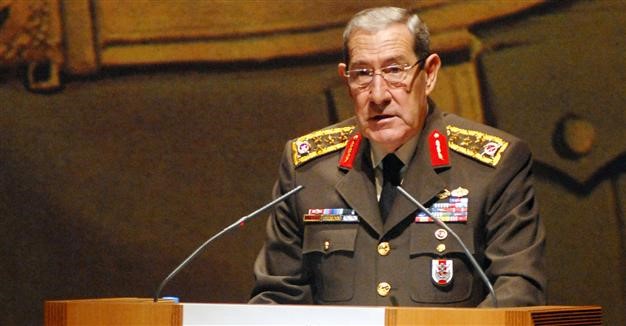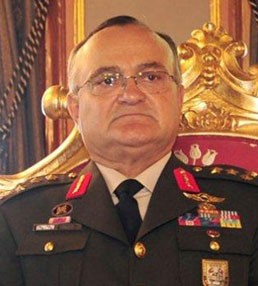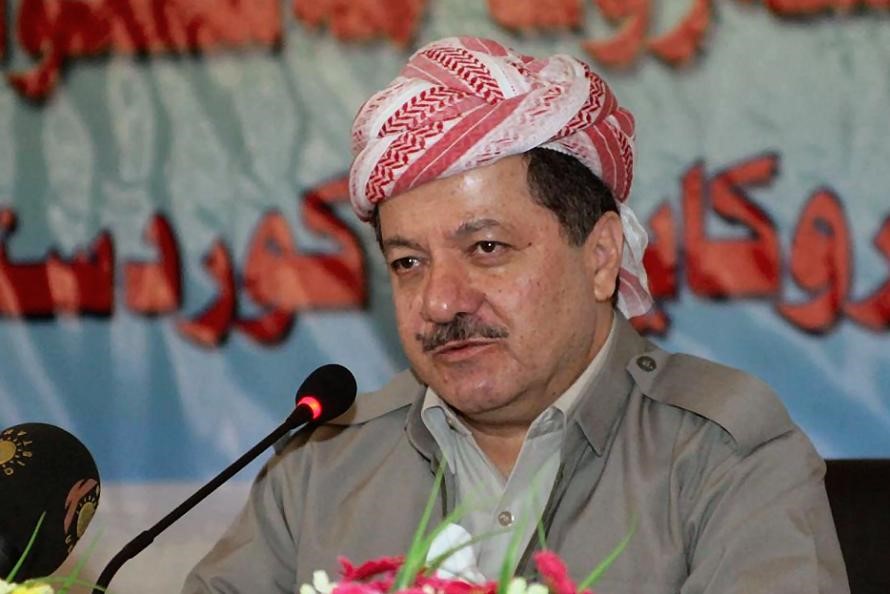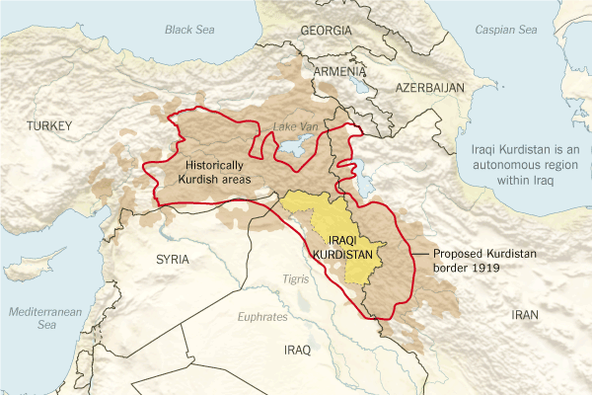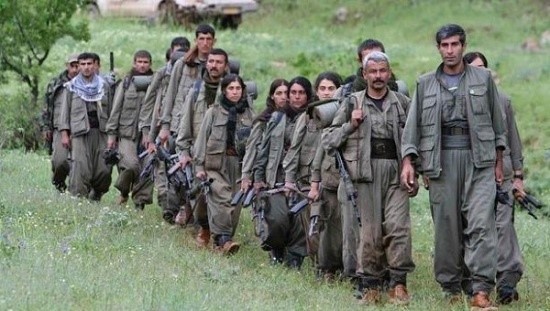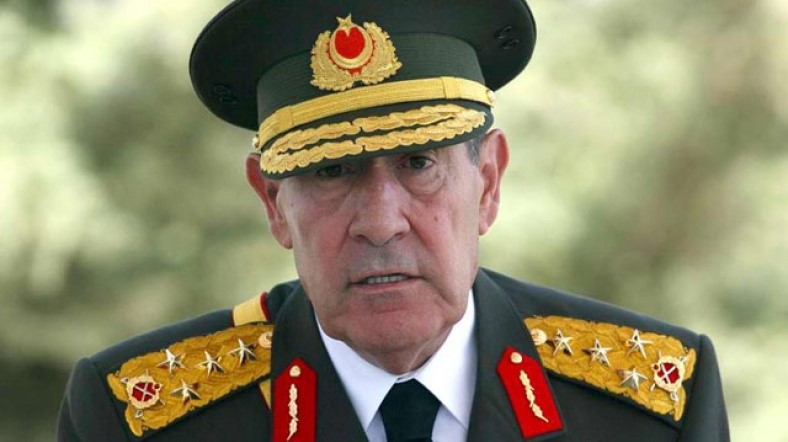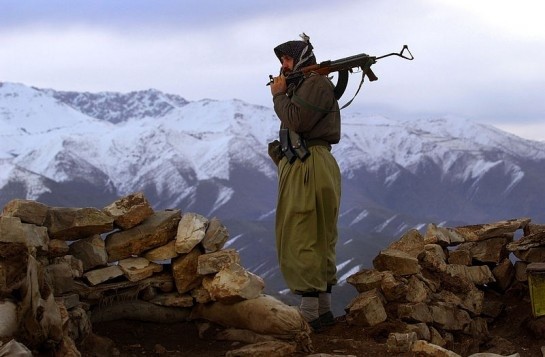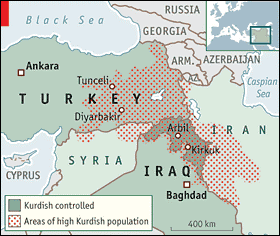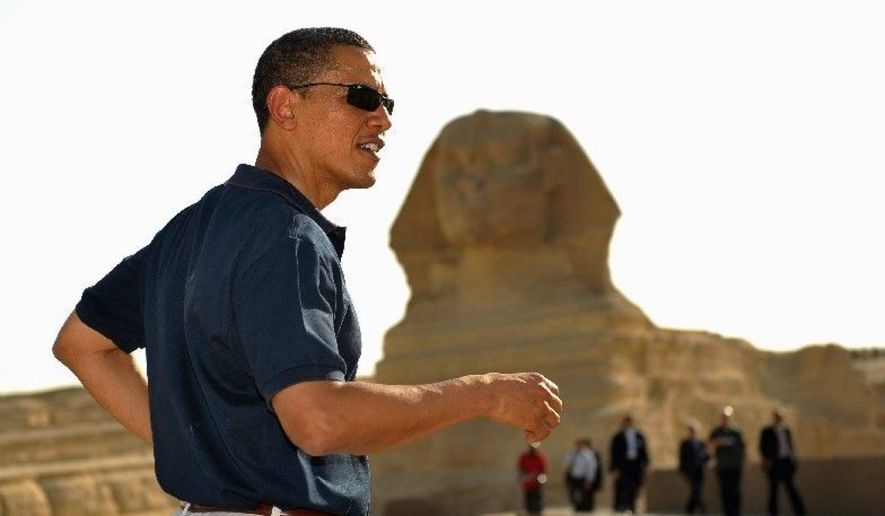Andrew McGregor
October 30, 2007
As Turkish troops mass along the border with Kurdish northern Iraq, chief of the Turkish General Staff General Yasar Buyukanit has promised to make the rebels of the Kurdistan Workers Party (PKK) “grieve with an intensity they cannot imagine” (AP, October 27). While an attack on northern Iraq seems imminent, important questions are being raised in Ankara about the effectiveness of a cross-border operation. What meaningful objectives are obtainable? Can the PKK be crushed through unilateral military action? Should the campaign wait until spring? There is political pressure on the Turkish government to do something now, a sentiment reflected in the urgency of Turkish demands for Iraq and the United States to take action against the PKK.
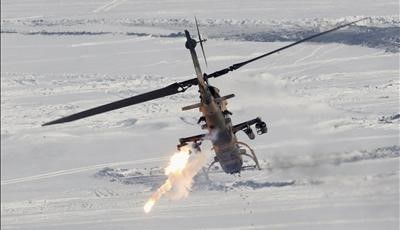 Turkish Cobra Attack Helicopter during Winter Exercises
Turkish Cobra Attack Helicopter during Winter Exercises
Large-scale PKK attacks, such as the October 21 ambush in Hakkari province (about four kilometers from the border) that killed 12 Turkish soldiers and involved over 200 Kurdish fighters, clearly seem designed to provoke a Turkish border crossing. The aim may be to cause a rift between Turkey and its allies while involving the Turkish Armed Forces (TSK) in a difficult and dangerous winter campaign in Iraq’s northern mountains. The PKK has also threatened to cut the oil pipeline to the Turkish port of Ceyhan and even strike oil tankers heading for Turkey (Al-Sharq al-Awsat, October 21). Following the deadly attack on the 21st, 11 Turkish battalions were moved up to the border to prevent the movement of PKK fighters across it (Today’s Zaman, October 26).
The electoral success last summer of Turkey’s ruling Justice and Development Party (AKP) in former PKK strongholds in southeast Turkey has put pressure on the PKK to try and draw Turkey into a major struggle in northern Iraq with international implications for Ankara. Iraq’s Kurdish Foreign Minister, Hoshyar Zebari, claims that the PKK has been infiltrated by Turkish intelligence, and suggests that Ankara is seeking a provocation that will allow it to intervene in northern Iraq to “disrupt the Kurdish regional administration, (and) to cripple the infrastructure” (Newsweek, October 23).
Public demands for immediate military action against the PKK have dominated raucous protests in several Turkish cities. Many of the demonstrations now condemn the United States as well as the PKK. Senior Turkish politicians have also been abused at massive public funerals for “martyred” troops. In response to the attacks, TSK troops and Cobra helicopter gunships have already begun making “hot pursuits” of PKK fighters across the border. Turkish tanks and artillery shell targets in northern Iraq almost daily.
The difficulty for Ankara is that a quick raid on PKK installations in Iraq is likely to have little long-term effect. Turkey has already launched dozens of major raids on northern Iraq without doing anything to end the PKK presence along the border. PKK guerrillas possess little more than what they can carry on their back, and are thus ready to pull out to safer, pre-planned positions at a moment’s notice. Only an extended occupation stands any chance of success, and this will be difficult, if not impossible, without cooperation from Baghdad, Washington and northern Iraq’s Kurdistan Regional Government (KRG).
Ankara is receiving mixed messages from the United States. Last week the U.S. military commander in northern Iraq, General Benjamin Mixon, declared that U.S. forces were not involved in tracking PKK movements and intended to do “absolutely nothing” to end Kurdish cross-border attacks on Turkey (AP, October 27). On the same day, U.S. Secretary of State Condoleezza Rice stated that the United States “will do what is necessary” against the PKK while warning Ankara to abandon plans for a major cross-border incursion (Hurriyet, October 27). There are also signals from the Pentagon that the U.S. military may be ready to use Predator reconnaissance aircraft to supply the TSK with the intelligence necessary to make pinpoint Special Forces strikes against PKK targets while avoiding a larger invasion (CBS, October 26).
Turkish air capability is limited. There are few attack helicopters available, and Turkish F-4 and F-16 jet-fighters flying from the Diyarbakir air base are largely ineffective against PKK mountain positions without the specialized munitions used by the United States or the fuel-air explosives Russia used against Chechen hideouts in the Caucasus Mountains. For now though, the Turkish warplanes continue to mount strikes on Kurdish villages and PKK positions inside Iraq while providing air support for search-and-destroy missions within southeast Turkey.
Turkey’s nine U.S.-built Cobra attack helicopters have undergone extensive refits to enable them to carry out night missions against the PKK. In September Turkey signed a deal with an Italian aerospace firm to provide 51 new attack helicopters to add to Turkey’s force of 90 U.S.-made Sikorsky Black Hawk assault helicopters (Today’s Zaman, October 22).
On October 21, the chairman of Turkey’s Grand Unity Party, Muhsin Yaziciolgu, called on the TSK to develop new strategies, such as the formation of “mobile units composed of high-level officers having extraordinary powers and responsible in taking initiatives” (Today’s Zaman, October 22). A brigade of professional commandos is undergoing training at the Isparta commando school in Egirdir, but these are not expected to take the field until 2009. Six existing commando brigades are replacing conscripts with volunteer professionals in a process that is expected to be completed by next spring.
Last week, 3,000 members of the police Special Forces joined Turkish regulars, mountain commandos, Gendarmerie forces and village guards in the fighting against PKK guerrillas (Hurriyet, October 25). Thousands of imams trained in “national unity issues” are also on their way to southeast Turkey to explain the unacceptability of terrorism in Islam.
Snow is already falling in the higher mountain passes. There is a danger that a Turkish winter offensive could get bogged down in difficult and roadless country without the benefit of the Iraqi Kurdish guides that used to accompany Turkish missions against the PKK. As the earth turns to mud under heavy rains and snow, the TSK’s armor will find the going difficult. Winter storms could also mean troops on the ground might lose the benefit of air cover and medical-evacuation services.
There are several options available. The TSK could cooperate with Iranian Revolutionary Guard Corps forces in a strike against the PKK and Party for a Free Life in Kurdistan (PJAK) strongholds in the Qandil Mountain region 100 kilometers south of the border, probably the most effective option militarily, but the most dangerous politically, and potentially the most embarrassing for the United States. Such a strike would have substantial risks for the TSK, which has never penetrated so far into Iraq. The onset of winter usually marks the end of the PKK’s campaigning season until spring, as the fighters retire to bases well inside the border while only a small number remains behind in southeast Turkey. The TSK will have to penetrate 20 to 30 kilometers deep into Iraq to get to PKK’s winter camps. The alternative would be to create a buffer zone on the Iraqi side of the border and wait until spring for a major offensive (barring the success of diplomatic efforts in the meantime).
Even if Turkey could obtain Baghdad’s cooperation against the PKK, there is little chance the beleaguered Iraqi national army could carry out a successful campaign in the Kurdish mountains. The Kurdish President of Iraq, Jalal al-Talabani, claims that even the Kurdish peshmerga militias could not expel the PKK (Kurdish Aspect, October 21). The effect of a military offensive on the future status of the disputed oil-centre of Kirkuk must also play into the calculations of Turkish planners.
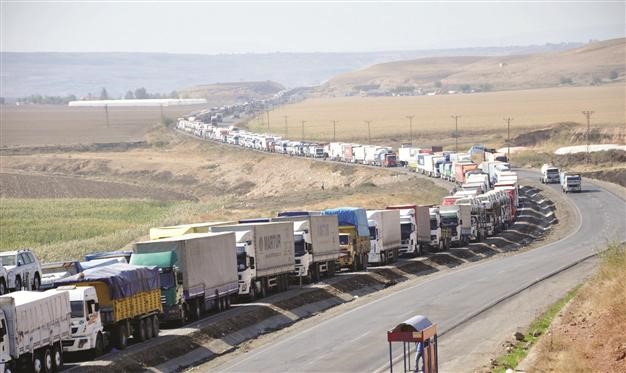 Bottleneck at the Habur Border Gate (Hurriyet)
Bottleneck at the Habur Border Gate (Hurriyet)
Economic sanctions and border closures present an alternative to military action until spring. Sanctions could include closing the Habur border gate through which $3 billion in trade now passes annually. A large quantity of American military supplies also pass through the Habur gate, but Ankara is now exploring the possibility of diverting Turkish trade with Iraq through a number of Syrian border crossings, avoiding Kurdish Iraq all together. Other options include a halt in vital Turkish investment, cutting supplies of electricity to northern Iraq, and the evacuation of Turkish contractors responsible for most of the rebuilding and infrastructure creation in northern Iraq. Over 600 Turkish construction firms are currently at work in northern Iraq (Today’s Zaman, October 26). In the presently charged atmosphere, the Turkish business community has expressed wide support for economic measures if necessary. In the event of economic sanctions by Turkey, Iraq’s government may save the PKK the trouble of cutting the pipelines to Ceyhan. Iraqi Speaker of Parliament Mahmud al-Mashhadani warned on October 25 that the Iraqi government would cut the flow of oil to Ceyhan should Ankara apply sanctions.
There is little chance of a large cross-border military operation starting before Turkish Prime Minister Recep Tayyip Erdogan visits Washington on November 5. As the TSK awaits orders, every day that passes increases the difficulty of mounting a successful operation in northern Iraq.
This article first appeared in the October 30 2007 issue of the Jamestown Foundation’s Terrorism Focus.

